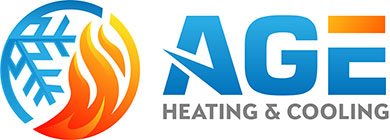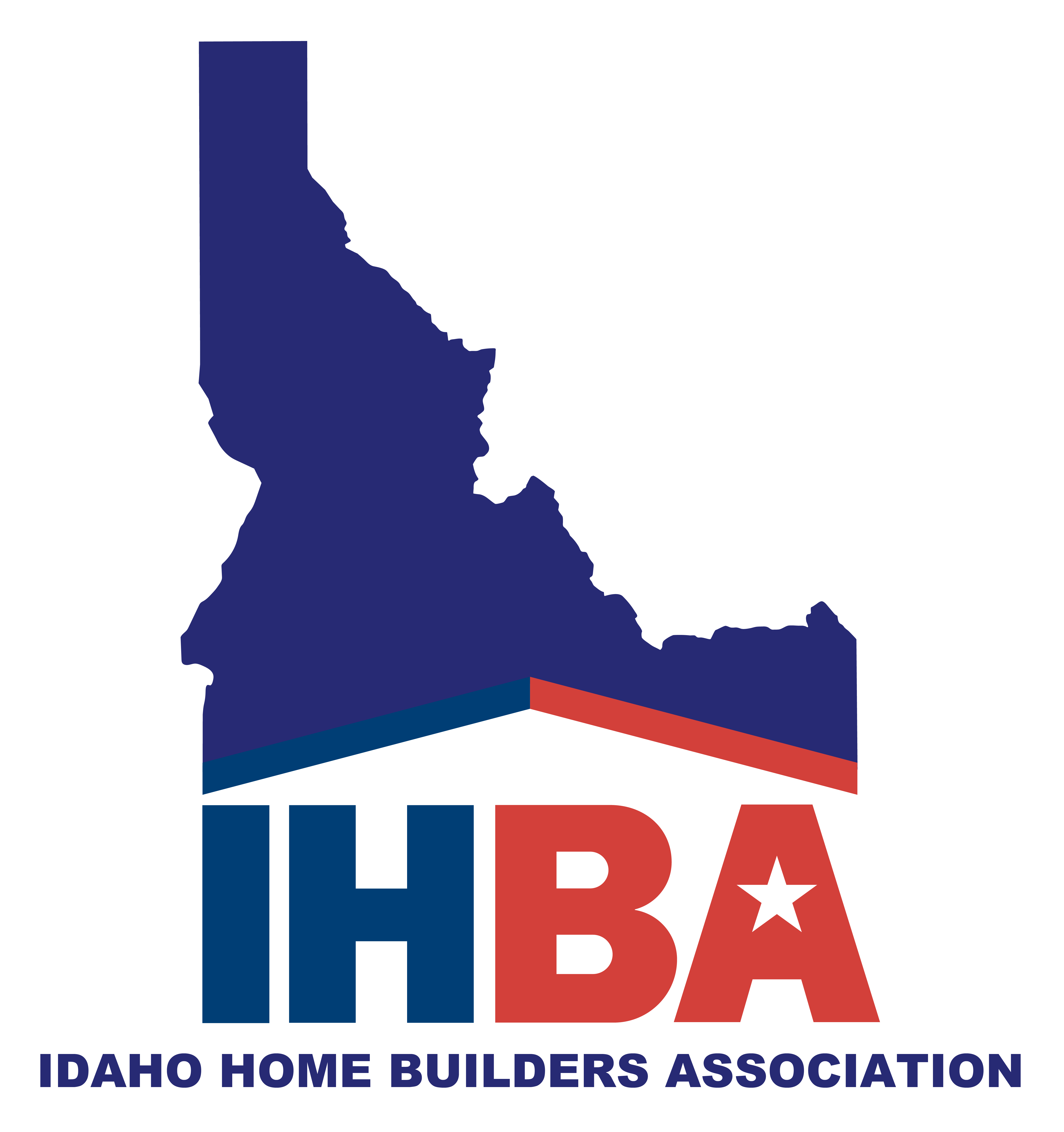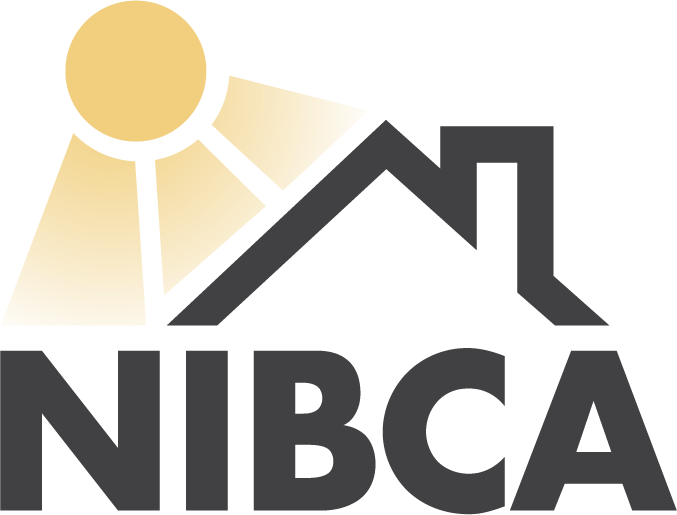
Completing the search for your first home is an exhilarating experience. You’re probably trying to keep track of numerous details about making the right choice. We believe that understanding your potential new HVAC system is essential. The property’s HVAC system represents a substantial investment and potential source of long-term costs, so being thorough should be a top priority for first-time homebuyers.
In the following guide, we’ll share seven tips for discovering all there is to know about a home’s heating and cooling setup. And if you want a deeper opinion from the experts, don't hesitate to contact Age Heating & Cooling. Our experienced team can share details about your options with industry insights that are second to none.
1. What HVAC System Are You Working With?
Start by determining what type of HVAC system the home has. Furnaces generally last longer compared to air conditioners, and newer types of HVAC equipment like heat pumps boast average life spans that are impressively long. Getting the details on the make and specific model gives you a clear idea of how much routine maintenance it might need.
2. How Long Ago Was the System Installed?
It’s just as smart to learn how old the HVAC system is when you're considering a potential new home. On average, HVAC systems tend to run for about 10-12 years. Knowing when it was installed helps you plan for possible repair needs or considerations if it might eventually stop working. Older systems may be more vulnerable to problems, so fiscal planning for a replacement unit might be needed faster than expected.
3. Is the Warranty Active?
Be sure to check the HVAC system is covered by a warranty. If it is, that's great news because it can help with maintenance costs. HVAC warranties typically include parts and labor, but specifics will vary. Don’t forget to look into any terms that aren’t familiar to make sure you fully understand your coverage and the likelihood of out-of-pocket costs.
4. When Was the Last Time It Received Maintenance?
Take a close look at the maintenance history of the HVAC system, if the records are available. This kind of information can reveal if the system constantly broke down or how much upkeep was provided. Ask about records for key tasks like filter changes, which can indicate it received regularly scheduled tune-ups.
5. Are You Aware of the System’s Energy Efficiency Ratings?
Finding a home that features an HVAC system with high energy efficiency can lead to smaller utility bills and less of an impact on the environment. Check out the seasonal energy efficiency ratio (SEER) ratings for air conditioning and the annual fuel utilization efficiency (AFUE) for furnaces. High SEER ratings mean more efficient cooling throughout the season, while high AFUE ratings mean the fuel is more effectively burned for useable heat.
6. Did You See Any Problems After Your Own Inspection?
Even if you don’t have experience in HVAC systems, it's still a good idea to inspect the HVAC system yourself. Watch closely for potential issues that haven't been mentioned by the seller. This can mean bizarre noises, unequal airflow and attempts to cover up any obvious damage.
7. Have You Sought Out Expert Advice?
If you're unsure about the overall state of the HVAC system, it's beneficial to get input from experienced HVAC professionals. They are skilled at identifying things you may not know about, like refrigerant leaks, wiring issues or inefficient ductwork.
A Consultation with Age Heating & Cooling Helps Take the Stress Out of Your Home-Buying Journey
Selecting your first home ought to be exciting, and Age Heating & Cooling will do everything possible to ensure yours is too. Reach out with us at 208-603-2210. We can go over the details about how our HVAC services give you peace of mind, giving you what you need to step into your new home with confidence.







